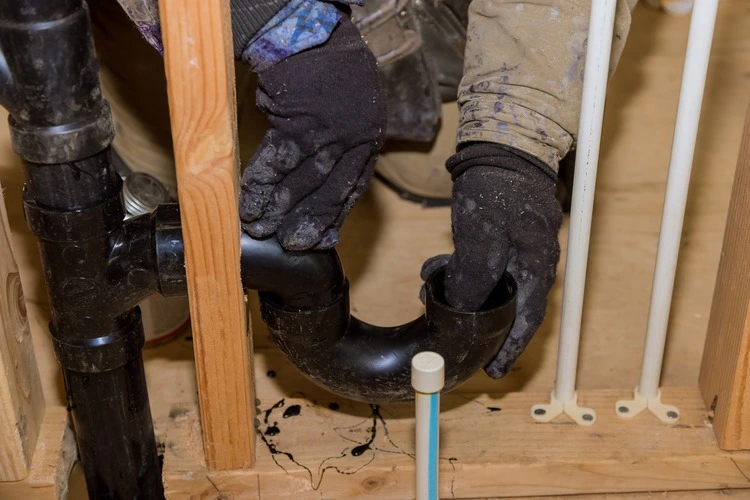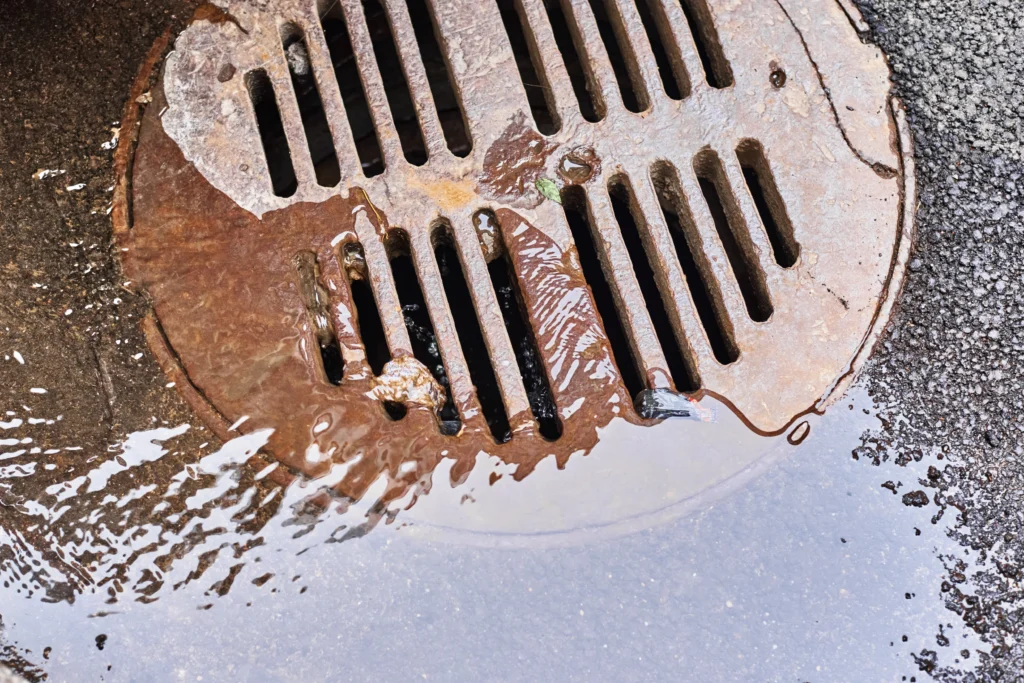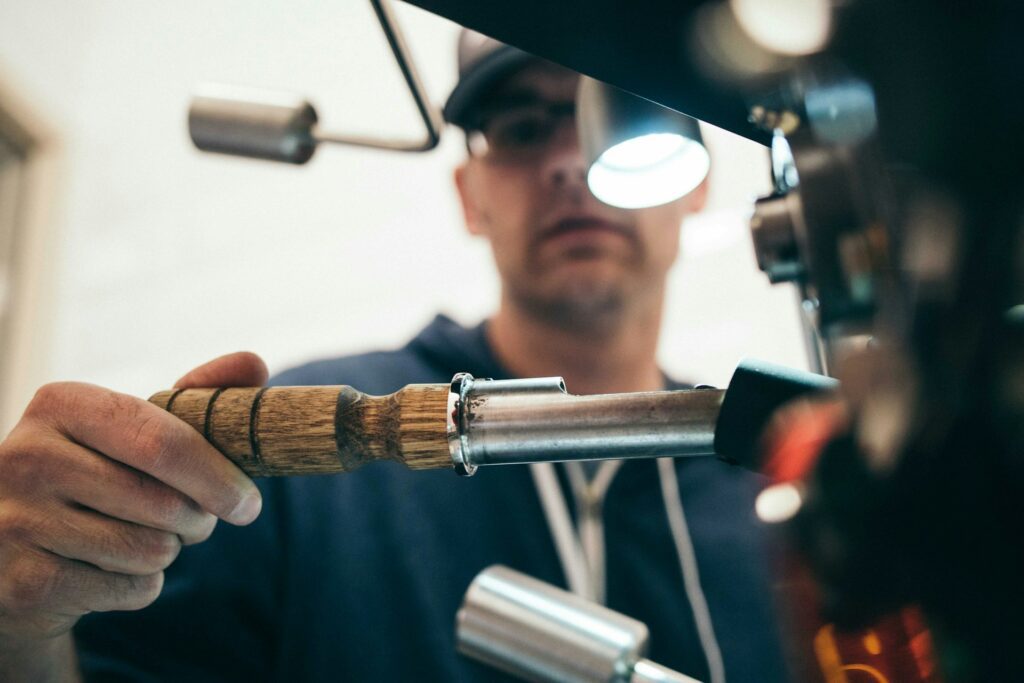How to Clear Blocked Pipes at Home?
Introduction
Imagine this: you’re in the middle of washing dishes after a hearty family meal, and suddenly, the water starts to pool in the sink. The dreaded blocked pipe has struck again. But don’t worry; you don’t need to call a plumber just yet. With some handy tips and tricks, clearing blocked pipes can be a straightforward DIY task.
Table of Contents
- Understanding the Causes of Blocked Pipes
- Essential Tools for Pipe Cleaning
- DIY Methods to Clear Blocked Pipes
- Preventive Measures
- When to Call a Professional
Understanding the Causes of Blocked Pipes
Before diving into solutions, it’s crucial to understand what causes these pesky blockages. Common culprits include:
- Food Particles: Leftover food can accumulate and clog kitchen sinks.
- Hair: A frequent issue in bathroom drains, hair can create stubborn clogs.
- Grease and Oil: These substances solidify in pipes, causing blockages over time.
- Foreign Objects: Small items accidentally washed down the drain can lead to obstructions.
Essential Tools for Pipe Cleaning
A well-prepared homeowner is always ready for any plumbing emergency. Equip yourself with these essential tools:
- Plunger: A basic yet effective tool for dislodging minor clogs.
- Drain Snake: Ideal for reaching deeper blockages that plungers can’t handle.
- Baking Soda and Vinegar: A natural solution for breaking down grime and debris.
- Pipe Wrench: Useful for taking apart pipes if necessary.
DIY Methods to Clear Blocked Pipes
Armed with knowledge and tools, it’s time to tackle those blocked pipes. Here are some tried-and-true methods:
The Plunger Method
A plunger is your first line of defense against clogs. To use it effectively:
- Ensure there is enough water in the sink or tub to cover the plunger’s cup.
- Place the plunger over the drain and push it down firmly.
- Create a seal and pump vigorously until the clog dislodges.
The Baking Soda and Vinegar Solution
This natural remedy works wonders for minor blockages:
- Pour a pot of boiling water down the drain.
- Add half a cup of baking soda and let it sit for a few minutes.
- Pour a mixture of one cup vinegar and one cup hot water down the drain.
- Cover the drain with a plug and wait 5-10 minutes.
- Flush with boiling water again.
The Drain Snake Technique
If the plunger and natural remedies fail, a drain snake can save the day:
- Insert the snake into the drain and twist it until you feel resistance.
- Rotate the snake to break up the clog.
- Slowly pull out the snake, removing debris as you go.
Preventive Measures
An ounce of prevention is worth a pound of cure. Here are some tips to keep your pipes clog-free:
- Use Drain Screens: These prevent hair and debris from entering your pipes.
- Avoid Pouring Grease Down Drains: Dispose of grease in a separate container.
- Regular Maintenance: Periodically flush drains with hot water or baking soda and vinegar.
When to Call a Professional
Sometimes, despite our best efforts, professional help is needed. If you notice persistent issues like slow drainage or foul odors, it might be time to call a plumber. They have specialized equipment like hydro-jetting machines that can effectively clear stubborn clogs.
Key Takeaways
- Understanding the causes of blocked pipes can help prevent future issues.
- Equipping yourself with essential tools prepares you for any plumbing emergency.
- DIY methods like plunging, using baking soda and vinegar, and employing a drain snake are effective for most blockages.
- Regular maintenance and preventive measures can keep your plumbing system running smoothly.
- If all else fails, don’t hesitate to call a professional plumber.
FAQs
Can I use chemical drain cleaners?
Chemical drain cleaners can be effective but are often harsh on pipes and not environmentally friendly. It’s best to use them sparingly and opt for natural solutions whenever possible.
How often should I clean my drains?
A monthly maintenance routine using hot water or a baking soda and vinegar mix can help keep your drains clear and prevent blockages from forming.
What should I do if my main sewer line is blocked?
If your main sewer line is blocked, it’s best to contact a professional plumber immediately. They have the expertise and equipment to handle such severe blockages safely.
Conclusion
Tackling blocked pipes doesn’t have to be a daunting task. By understanding the causes, equipping yourself with the right tools, and applying effective DIY methods, you can keep your plumbing system flowing smoothly. Remember, regular maintenance is key to preventing future issues. And when in doubt, don’t hesitate to seek professional help. Your home’s plumbing is like the arteries of your abode – keeping it clear ensures everything runs harmoniously. For additional plumbing tips and tricks, check out our other articles on **home maintenance** and **DIY solutions**.
For more insight on setting up Laravel on a local server, feel free to delve into our helpful guide for installing laravel on a local server and moving forward with developing on it.
If you’re interested in learning about more advanced techniques beyond DIY methods, exploring resources like the **EPA’s Fix-a-Leak Week** can provide valuable insights into maintaining your home’s plumbing efficiency.






